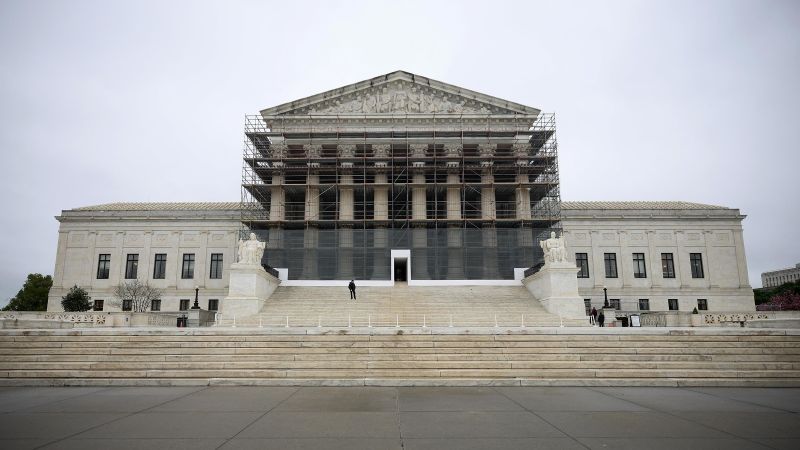Supreme Showdown: Trump Seeks to Unravel Venezuelan Immigrant Protections

In a bold legal move, the Trump administration is pushing the Supreme Court to dismantle critical deportation protections for hundreds of thousands of Venezuelan immigrants. The challenge comes after a lower federal court temporarily halted potential deportation proceedings, creating a complex legal battleground for these vulnerable migrants.
The administration's appeal seeks to overturn existing protections that have shielded Venezuelan nationals from immediate removal, highlighting the ongoing tension surrounding immigration policy during the Trump presidency. By bringing the case to the nation's highest court, the government aims to reassert its stance on immigration enforcement and potentially reshape the legal landscape for Venezuelan immigrants in the United States.
This legal challenge underscores the continued debate over immigration rights and the fate of individuals seeking refuge from political and economic turmoil in Venezuela. The Supreme Court's eventual ruling could have far-reaching implications for hundreds of thousands of individuals who have been living and working in the United States under temporary protective status.
